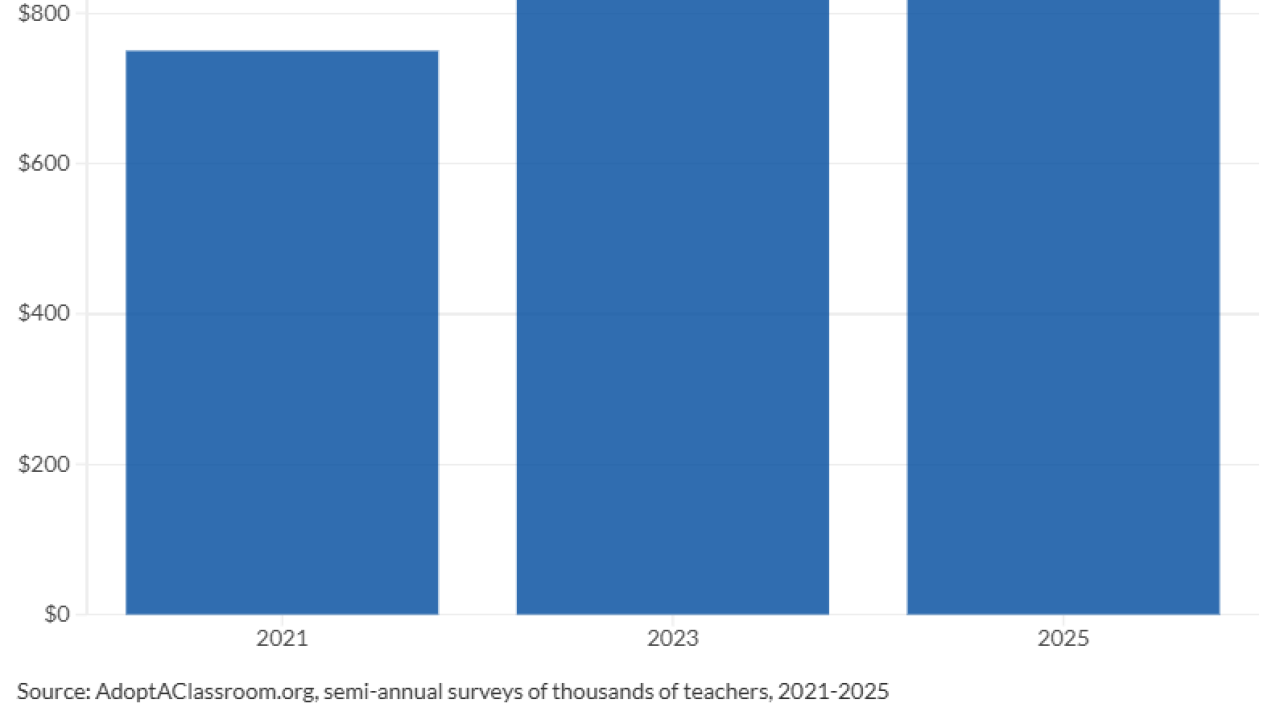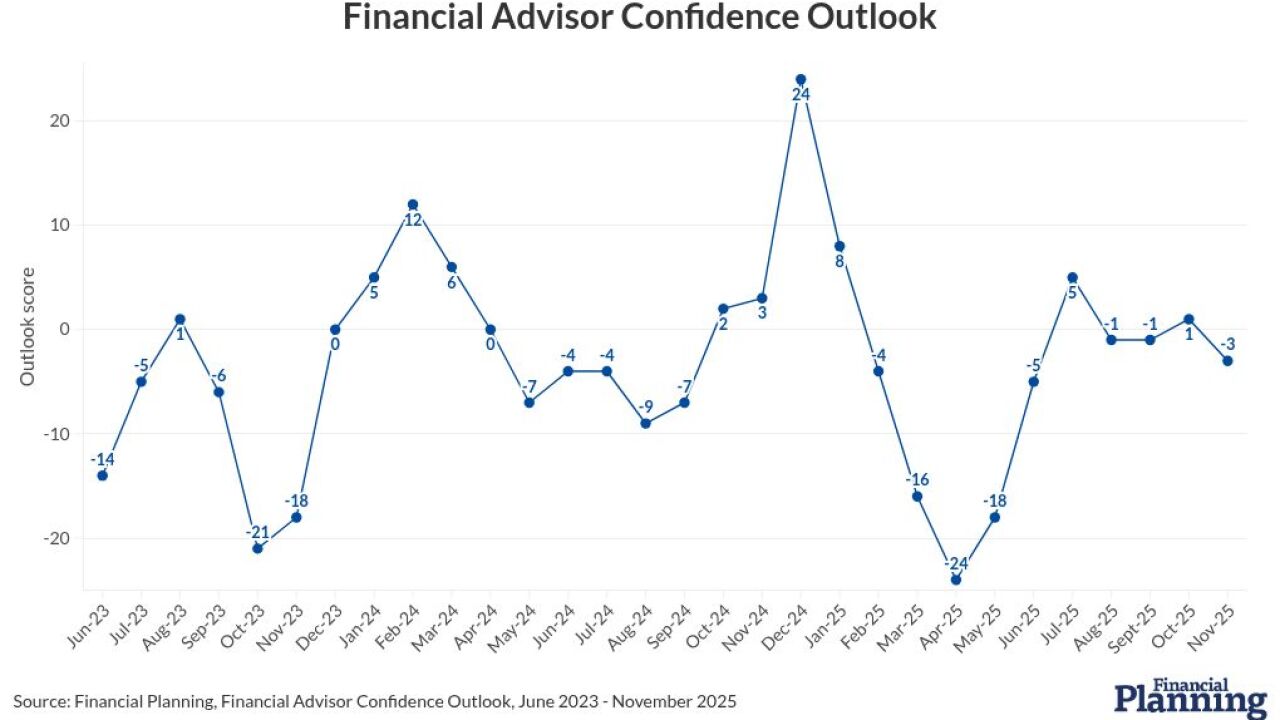Investors’ desires to do good are melting away in the market downturn.
Inflows into U.S. exchange-traded funds with higher environmental, social and governance standards have dropped sharply in the past two months. ESG equity ETFs added about $1.2 billion in December and January combined, compared with roughly $10.8 billion in the same period one year earlier -- an 89% drop-off.
Volatility has whipsawed markets as investors reprice stocks in the face of inflation risks and Federal Reserve hawkishness. The benchmark S&P 500 Index had its worst month in January since the beginning of the pandemic and the technology-heavy Nasdaq 100 has tumbled 11% from its November peak.
In such periods of turmoil, ESG investing can end up taking “a back seat,” said Victoria Greene, chief investment officer at G Squared Private Wealth.
“It’s all well and good to be an ESG investor until you start losing money,” Greene said. “Your first priority is protecting your portfolio, then your second priority is your investment strategy, including ESG.”
Overall interest in ESG topics tend to taper off when markets face steep declines, as investors turn their attention to performance. Alongside each recent drop for the S&P 500, media mentions of ESG have tumbled.
Investor sentiment could be souring due to the rotation out of growth stocks, especially technology, which are a large component in many ESG funds. Also weighing on the funds are the recent gains of oil shares, which many environmentally conscious funds shun.
While the ESG funds are more broadly diversified than they’re perceived, “because of the fears that these ETFs are growth-biased, investors might be moving money out to shift towards a pure value play or pure value ETF,” said Todd Rosenbluth, head of ETF and mutual fund research at CFRA.
Clean-energy funds in particular have “taken a beating,” said Jason Hoody, head of investment manager research and sustainable investing research for LPL Financial. Invesco Ltd.’s $2.08 billion Solar ETF (ticker TAN) had $417 million of outflows in December, the worst month in its nearly 14-year history. The $4.81 billion iShares Global Clean Energy ETF (ticker ICLN) saw outflows in both December and January, its first back-to-back monthly outflows since late 2018.
“If you go into some windmill names or some solar panel names, you’ll see that the fundamentals for those in the last 52 weeks has soured,” said Hoody.
Solar stocks have been
Yet dedicated ESG investors can find options outside growth stocks.
“There’s a way to invest in ESG value,” said Felix Boudreault, managing partner at research firm Sustainable Market Strategies in Montreal. “It’s just less sexy maybe.”
“Value names in the agriculture, forestry, and transition commodities -- all very important sectors contributing to the transition to a low-carbon economy -- should do better,” he said, than the renewable energy sector, which is less mature, more niche and less diversified.
Ultimately, consistent outperformance from ESG funds will be needed to sustain inflows, said Athanasios Psarofagis, ETF analyst for Bloomberg Intelligence. Just 29% of ESG ETFs beat the performance of the S&P 500 in 2021, compared with 57% in 2020, according to data compiled by BI.
If the ESG sector “doesn’t as least keep pace with the market, investors might get fed up with it,” he said.
Yet in the long term, it’s right to be optimistic about the transition to clean energy because 80% of governments have made decarbonization commitments, up from less than 10% five years ago, said Marina Severinovsky, head of sustainability at Schroders North America. More companies are announcing voluntary net-zero pledges, regulatory pressures are increasing and consumer awareness is rising.
“This suggests a dominant investment theme for the coming decades, with capital moving at an unprecedented scale to fund innovations and renewable technologies,” she said.
— With assistance from Saijel Kishan.








